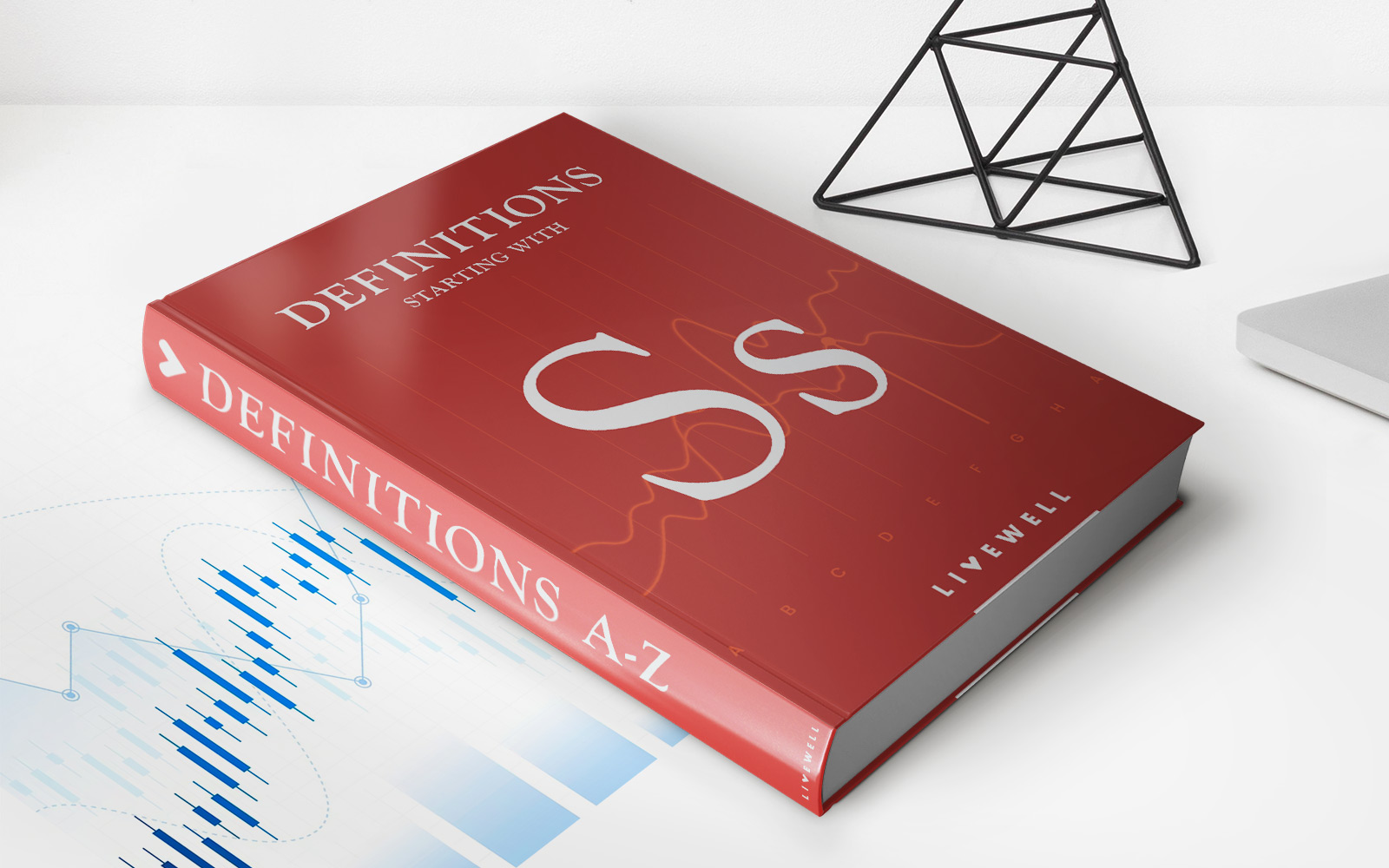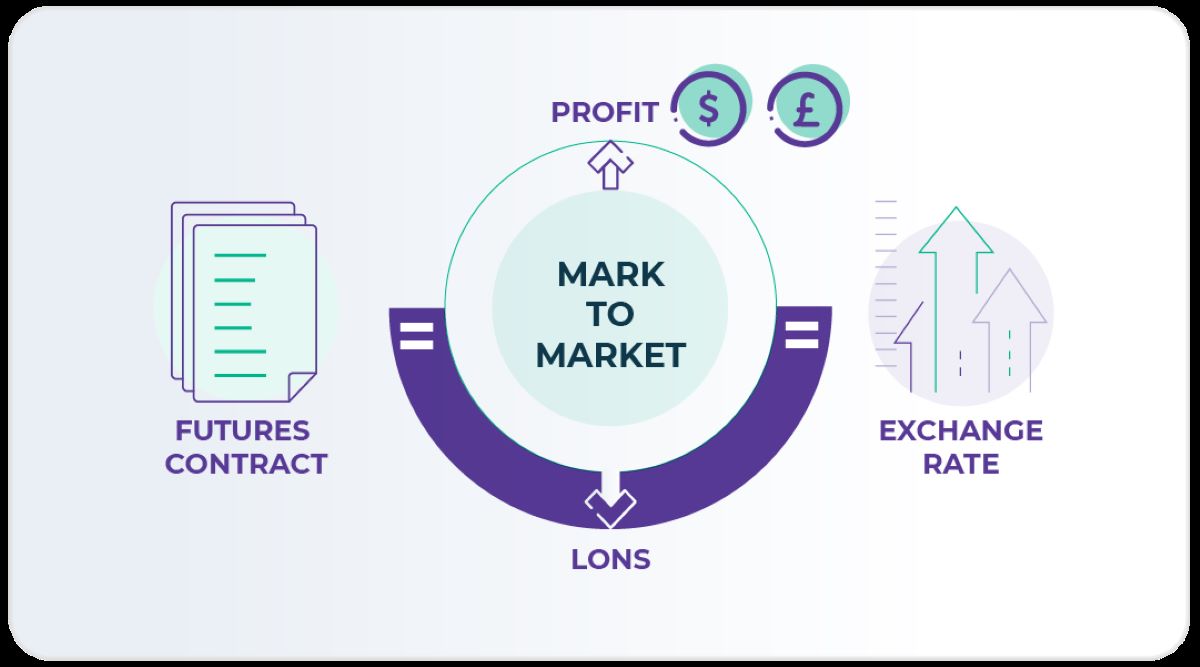Home>Finance>How Long Is My Grace Period Before The First Principal And Interest Payment Is Due On My Loan?


Finance
How Long Is My Grace Period Before The First Principal And Interest Payment Is Due On My Loan?
Published: February 20, 2024
Learn about the grace period for your loan's first principal and interest payment. Understand the finance terms to manage your payments effectively.
(Many of the links in this article redirect to a specific reviewed product. Your purchase of these products through affiliate links helps to generate commission for LiveWell, at no extra cost. Learn more)
Table of Contents
Introduction
When you secure a loan, whether it’s a student loan, mortgage, or business loan, understanding the grace period before the first principal and interest payment is due is crucial. The grace period refers to the time between when a loan is disbursed and when the borrower is required to start making payments. This period offers borrowers a buffer to get their finances in order before the burden of regular payments begins. It’s important to note that not all loans have a grace period, and the length of this period can vary depending on the type of loan and the lender’s terms.
For many borrowers, the grace period provides a sense of relief and an opportunity to plan their finances accordingly. However, it’s essential to comprehend the specifics of this grace period to avoid any surprises and financial strain. In this article, we will delve into the intricacies of grace periods, the types of loans that offer them, the factors influencing their duration, and why it’s vital to have a clear understanding of your grace period. By the end, you will have a comprehensive understanding of this critical aspect of loan management, empowering you to navigate your borrowing experience with confidence.
Understanding Grace Periods
A grace period serves as a transitional phase between the disbursement of a loan and the commencement of regular payments. During this period, borrowers are not required to make payments towards the principal amount or the interest. It essentially offers a temporary reprieve, allowing borrowers to organize their finances and prepare for the upcoming financial obligations associated with the loan.
It’s important to note that while the grace period provides relief from immediate payments, interest may still accrue during this time, depending on the type of loan. Understanding the terms of the grace period is crucial, as it can impact the overall cost of the loan and the timeline for repayment.
Grace periods are common in various types of loans, including student loans and mortgages. They are designed to provide borrowers with a reasonable timeframe to secure employment, establish financial stability, or address other pressing financial matters before the burden of loan repayments begins.
Moreover, the grace period can also act as a safeguard against default, offering borrowers a chance to navigate any unexpected financial challenges without immediately falling behind on their payments. This feature underscores the significance of comprehending the grace period associated with a specific loan, as it directly influences the borrower’s financial planning and obligations.
Types of Loans and Their Grace Periods
Grace periods are prevalent in various types of loans, each tailored to accommodate the specific needs and circumstances of borrowers. Understanding the nuances of grace periods across different loan categories is essential for informed financial decision-making. Here are some common types of loans and their associated grace periods:
- Student Loans: Federal student loans typically offer a grace period that allows students a six-month window after graduation before they are obligated to commence loan repayments. This grace period aims to provide graduates with the opportunity to secure employment and establish a stable financial foundation before the burden of student loan payments begins.
- Private Student Loans: Grace periods for private student loans can vary significantly among lenders. Some private lenders may offer a grace period similar to federal loans, while others may require immediate repayment or offer a shorter grace period.
- Mortgages: Many mortgage loans come with a grace period, usually ranging from 15 days to one month. This period allows homeowners to adjust to the new financial responsibilities associated with homeownership without the immediate pressure of making their first mortgage payment.
- Auto Loans: Grace periods for auto loans can vary by lender. Some lenders may offer a brief grace period before the first payment is due, while others may require immediate payment upon the loan’s disbursement.
- Business Loans: The grace periods for business loans can differ based on the lender and the specific terms of the loan agreement. It’s essential for business owners to carefully review the grace period provisions to understand when their first principal and interest payments will be due.
It’s important for borrowers to thoroughly review the terms and conditions of their loans to ascertain the presence and duration of the grace period. This knowledge empowers borrowers to effectively plan for their financial obligations and make informed decisions regarding their loan repayment strategies.
Factors Affecting Grace Periods
The duration of a grace period on a loan is influenced by several factors, and understanding these determinants is crucial for borrowers seeking clarity on their repayment timelines. Here are the key factors that can affect the length of a loan’s grace period:
- Loan Type: Different types of loans have varying grace period standards. For example, federal student loans typically offer a standard six-month grace period after graduation, while private student loans may have differing grace period terms.
- Lender Policies: Lenders have the discretion to set their own grace period policies. Some may offer more extended grace periods as a competitive advantage, while others may have shorter or no grace periods at all.
- Borrower’s Creditworthiness: In some cases, a borrower’s credit history and financial stability may influence the lender’s decision regarding the length of the grace period. Those with stronger credit profiles may have the leverage to negotiate more favorable grace period terms.
- Regulatory Guidelines: Certain types of loans, such as federal student loans, are subject to regulatory guidelines that stipulate the minimum grace period requirements. These regulations can impact the standard grace periods offered to borrowers.
- Repayment Plan Selection: For some loans, such as federal student loans, borrowers may have the option to select a specific repayment plan after the grace period ends. The chosen plan can affect the subsequent payment schedule and overall repayment timeline.
It’s important for borrowers to recognize that the interplay of these factors can lead to variations in grace period lengths across different loans and lenders. By being aware of the determinants of grace periods, borrowers can make informed decisions and effectively plan for their financial responsibilities once the grace period concludes.
Importance of Knowing Your Grace Period
Understanding the specifics of your loan’s grace period is paramount for effective financial planning and loan management. Here’s why knowing your grace period is of utmost importance:
- Financial Preparedness: Knowledge of the grace period allows borrowers to prepare their finances accordingly. Whether it’s securing employment, setting up a budget, or addressing other financial priorities, the grace period offers a valuable window to make necessary arrangements before regular loan repayments commence.
- Interest Accrual Awareness: Being aware of how interest accrues during the grace period is critical. For loans where interest accumulates during this period, borrowers can proactively strategize to minimize the impact of accrued interest on the overall cost of the loan.
- Repayment Strategy Formulation: Understanding the grace period enables borrowers to devise a well-informed repayment strategy. This includes evaluating available repayment plans, estimating monthly payment amounts, and aligning the repayment schedule with their financial capabilities.
- Preventing Default: Knowledge of the grace period helps borrowers avoid accidental default. By understanding when the first payment is due, borrowers can ensure timely payments, preventing the negative consequences associated with delinquency or default.
- Impact on Credit Score: Timely and informed management of the grace period can positively impact a borrower’s credit score. By utilizing the grace period effectively, borrowers can establish a solid foundation for their loan repayment, reflecting positively on their credit history.
By comprehending the significance of the grace period and its implications, borrowers can navigate their loan obligations with confidence and foresight. This knowledge empowers individuals to make informed financial decisions, minimize potential financial strain, and embark on their loan repayment journey with clarity and preparedness.
Conclusion
Understanding the grace period before the first principal and interest payment is due on a loan is an essential aspect of responsible borrowing and financial management. This transitional phase provides borrowers with a valuable opportunity to prepare for the commencement of regular loan repayments, ensuring a smooth and well-planned transition into the repayment phase.
By gaining insights into the nuances of grace periods, borrowers can proactively plan their finances, strategize their repayment approach, and mitigate the potential financial impact of accrued interest. Moreover, being well-informed about the grace period can serve as a safeguard against unintentional default, positively influencing credit scores and overall financial well-being.
Whether it’s a student loan, mortgage, auto loan, or business loan, the grace period offers a buffer for borrowers to align their financial circumstances with their loan obligations. It’s imperative for borrowers to familiarize themselves with the specific terms and conditions of their loan’s grace period, taking into account factors such as loan type, lender policies, and regulatory guidelines that can influence the duration of this period.
Ultimately, knowing the grace period associated with a loan empowers borrowers to embark on their repayment journey with confidence, foresight, and the ability to make informed financial decisions. This knowledge not only facilitates responsible loan management but also contributes to a solid foundation for long-term financial stability and success.
By recognizing the importance of the grace period and its impact on loan repayment, borrowers can navigate their financial obligations with clarity, preparedness, and a proactive approach, ensuring a positive and well-managed borrowing experience.














